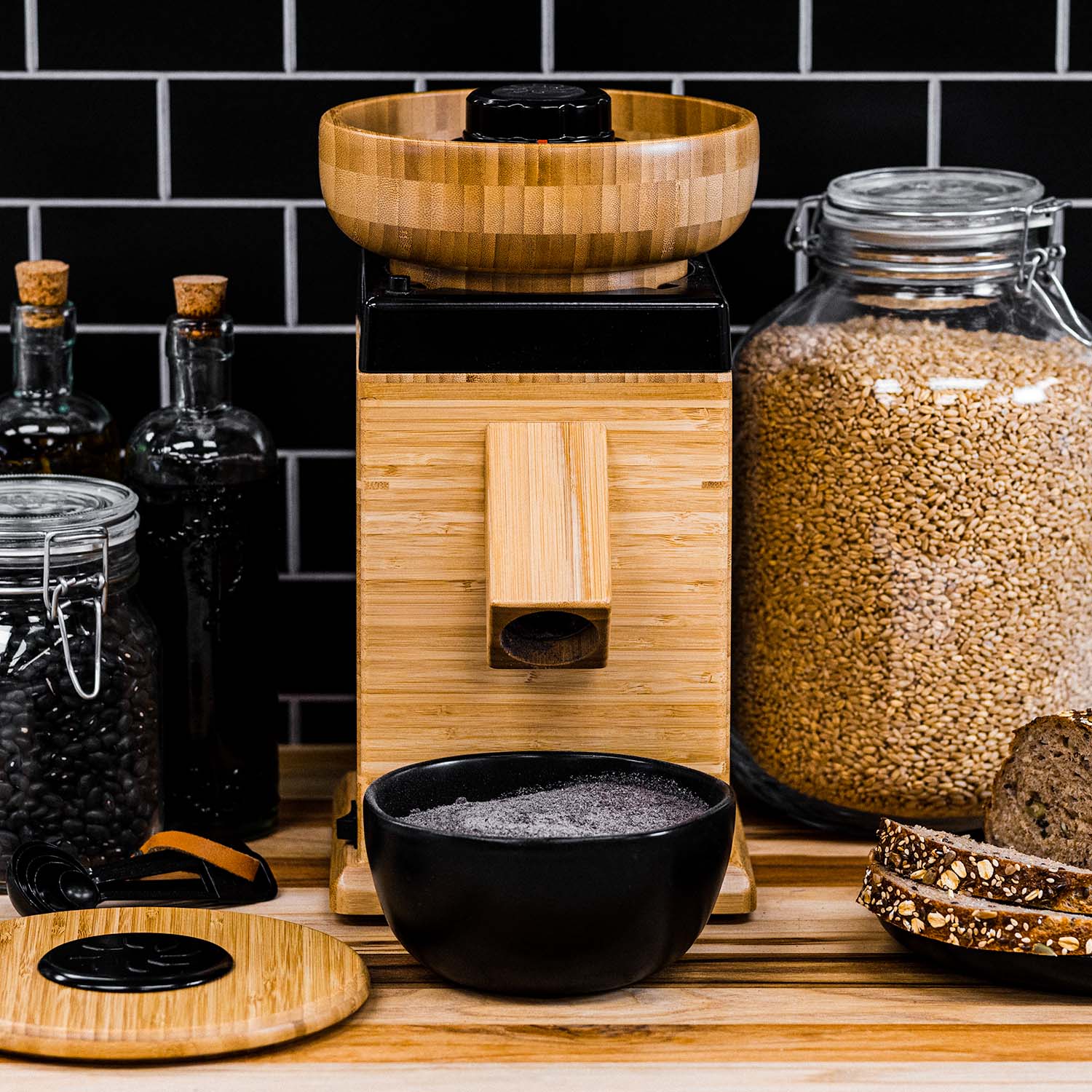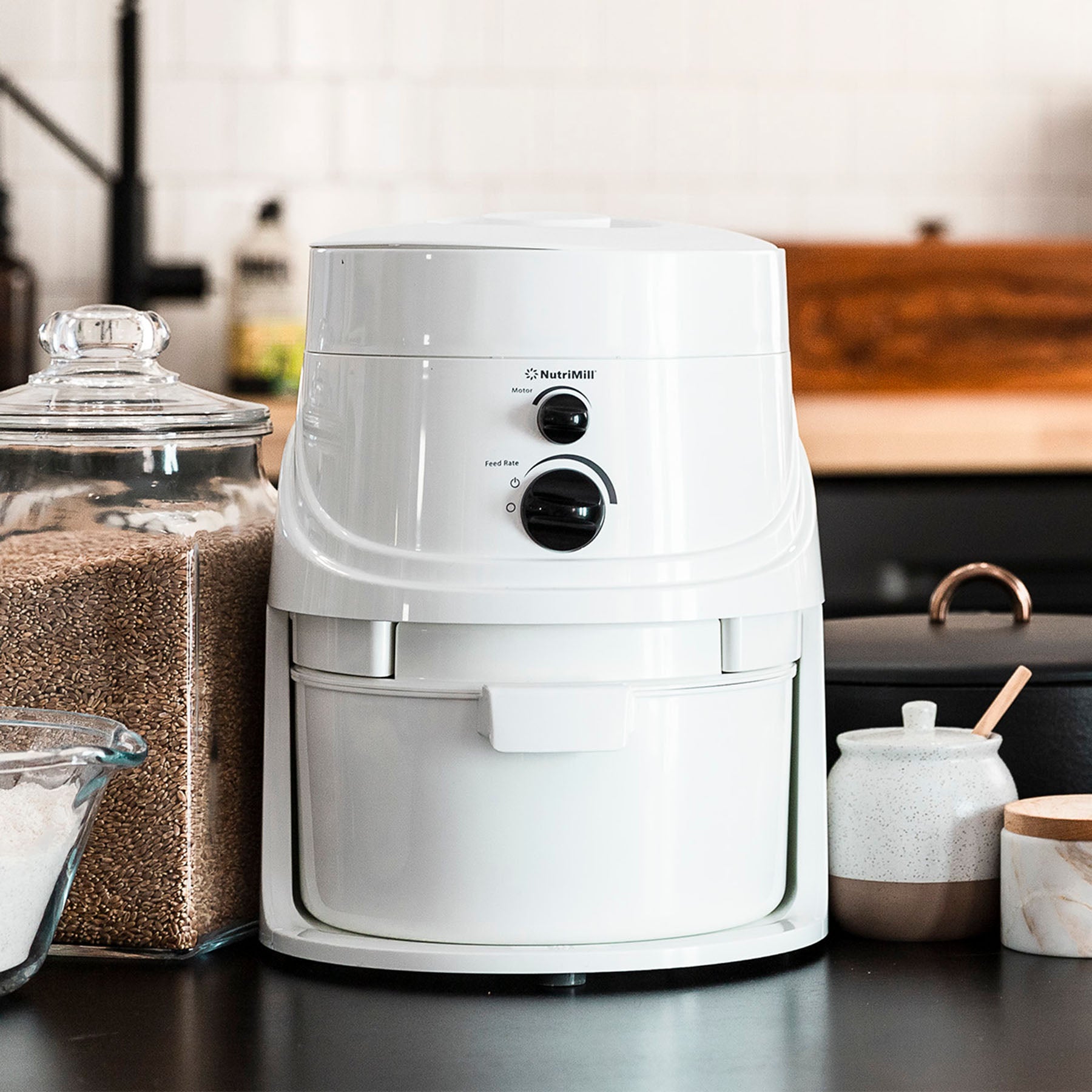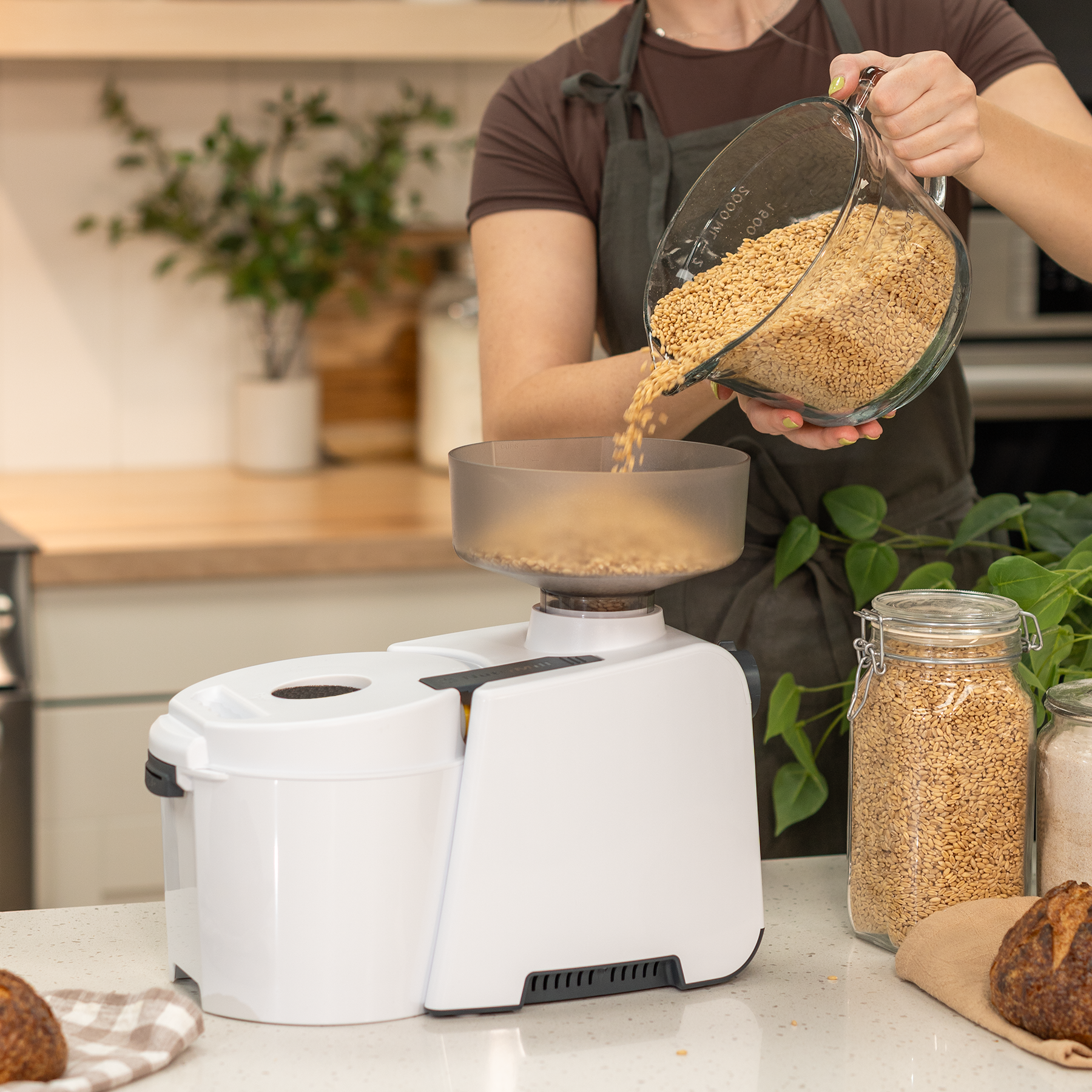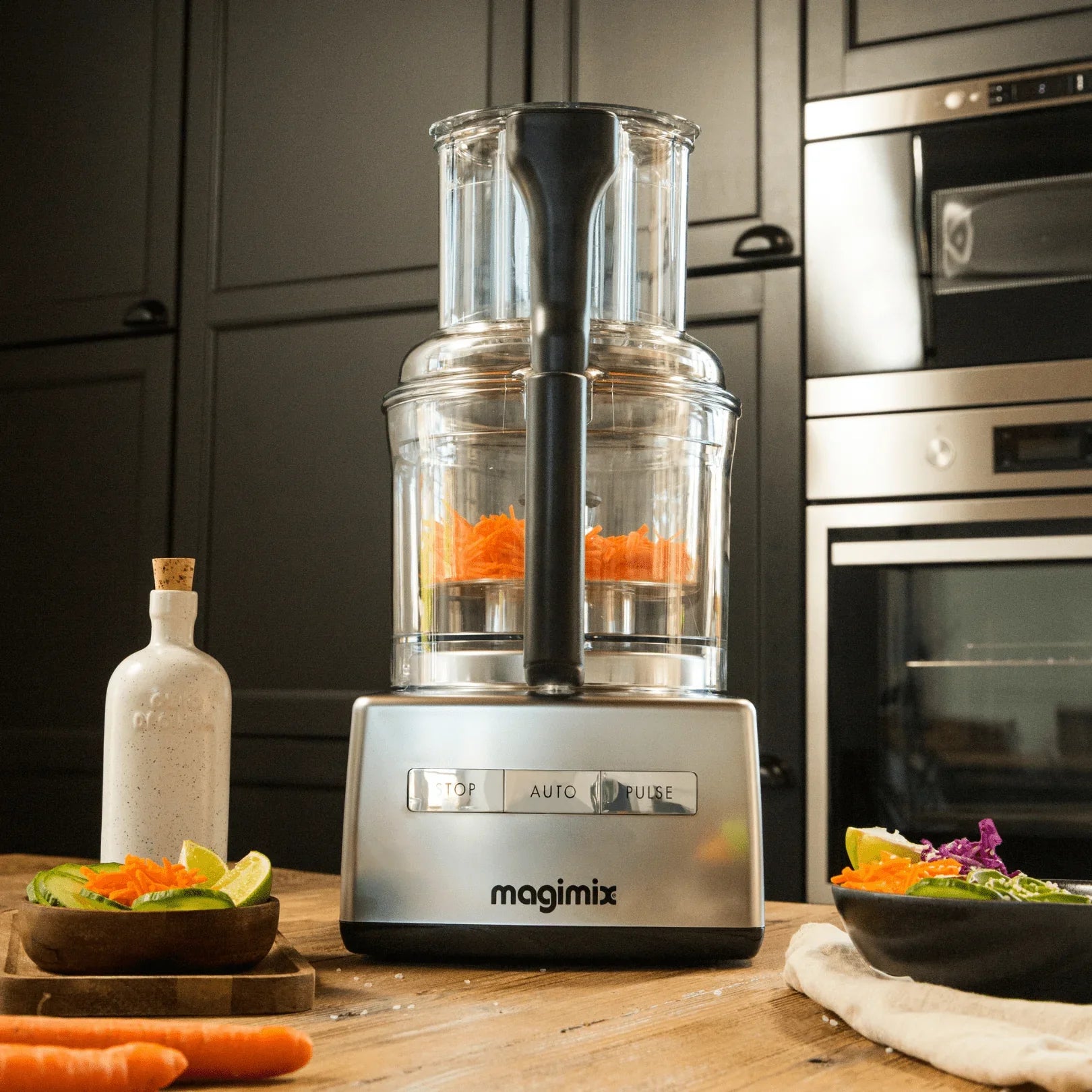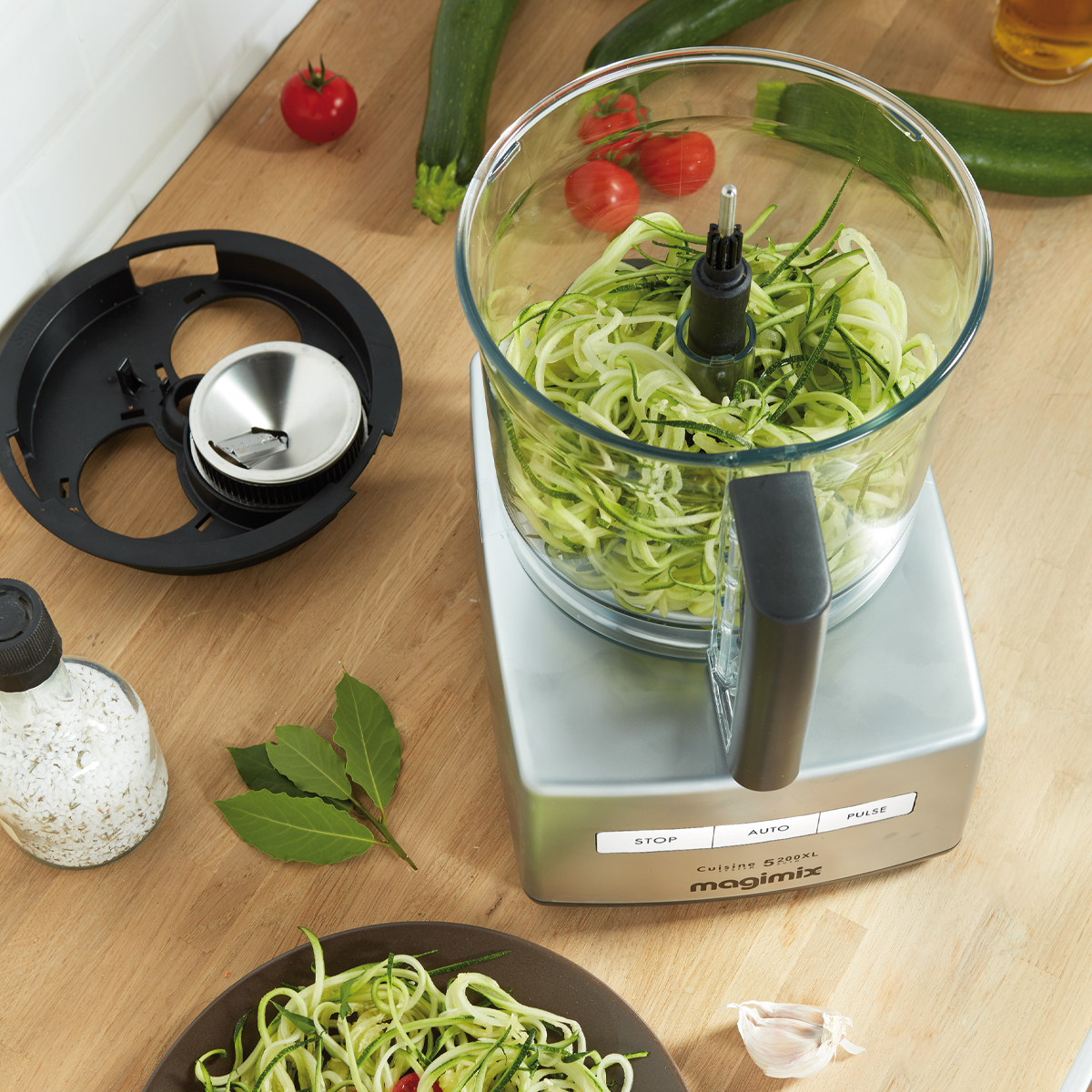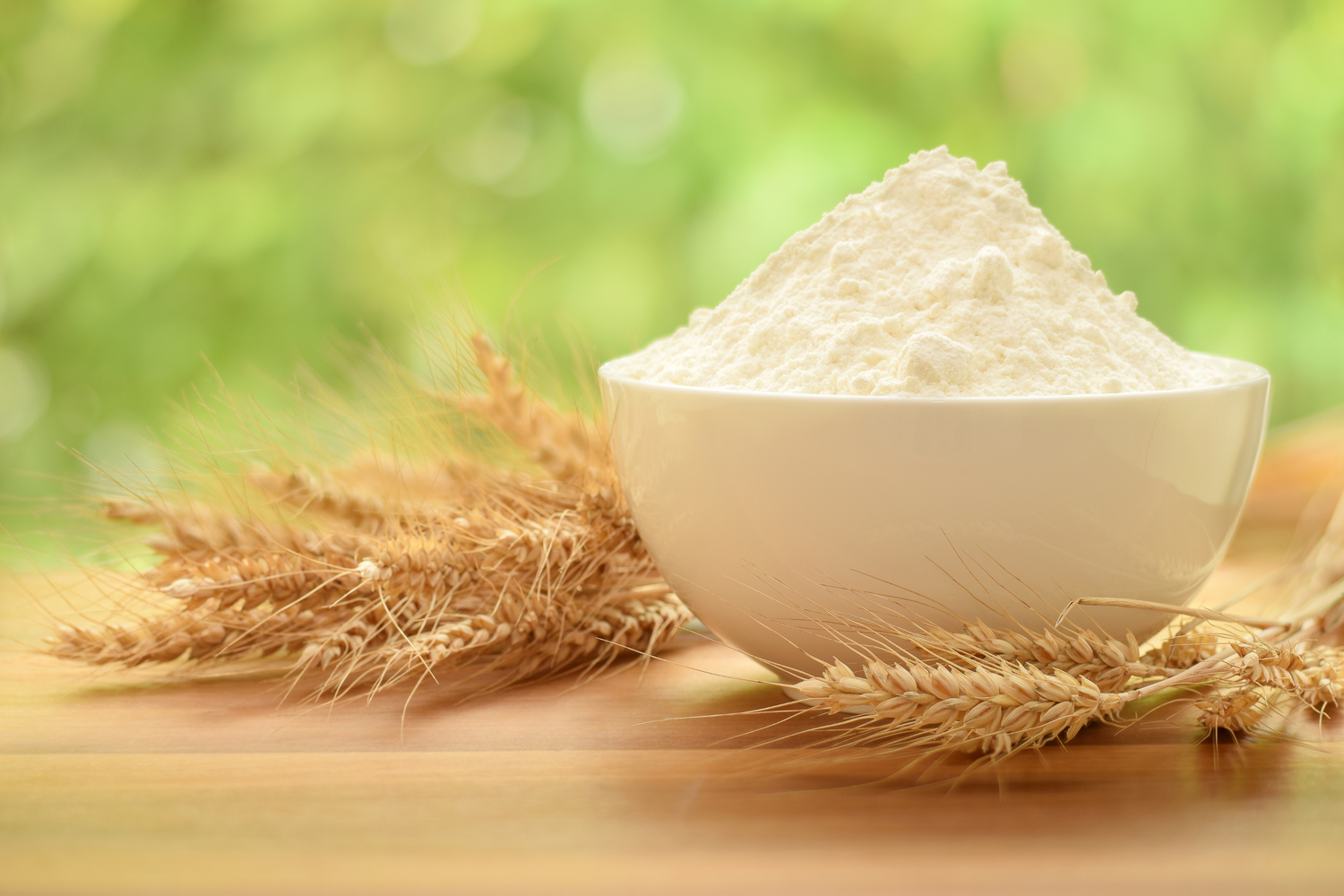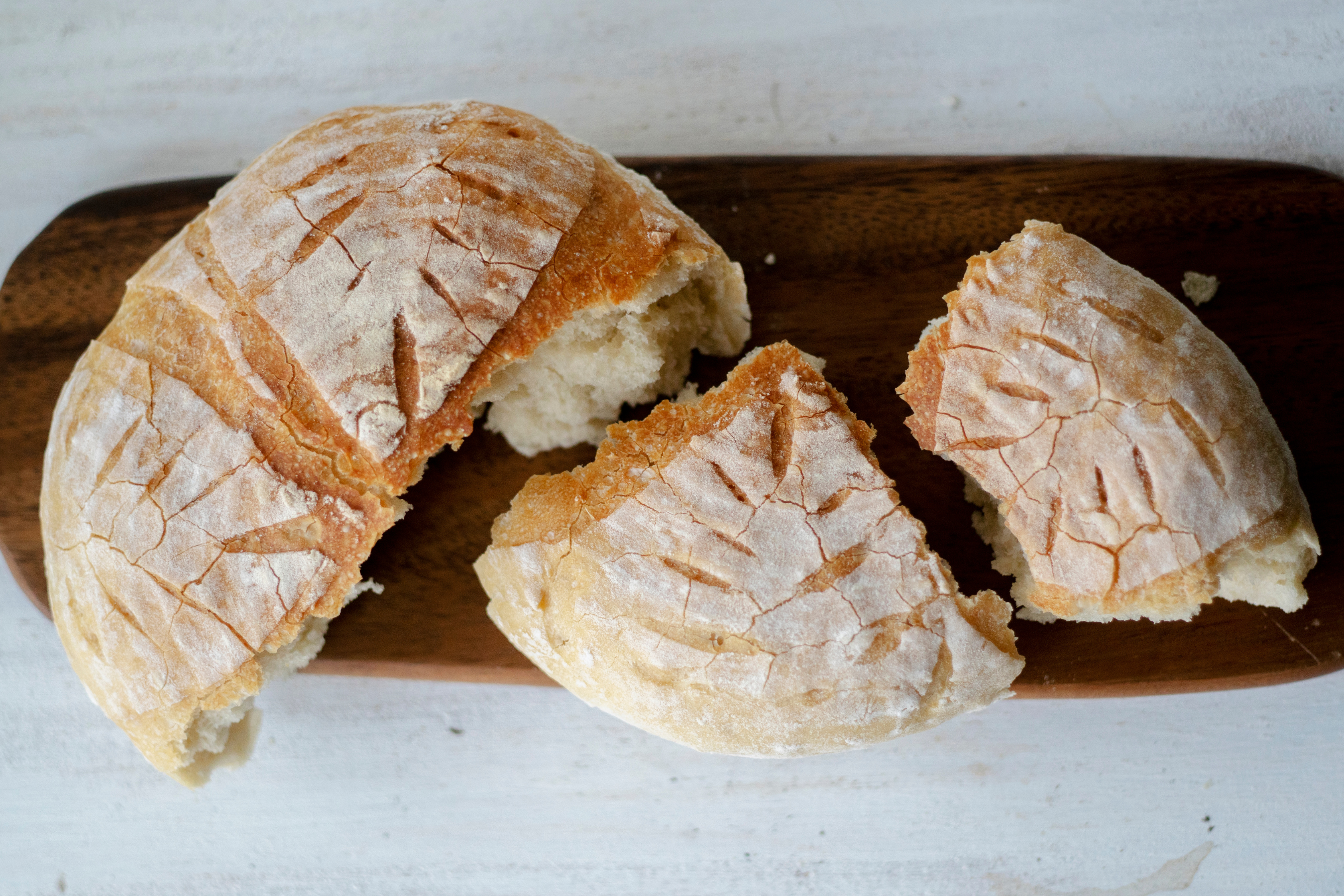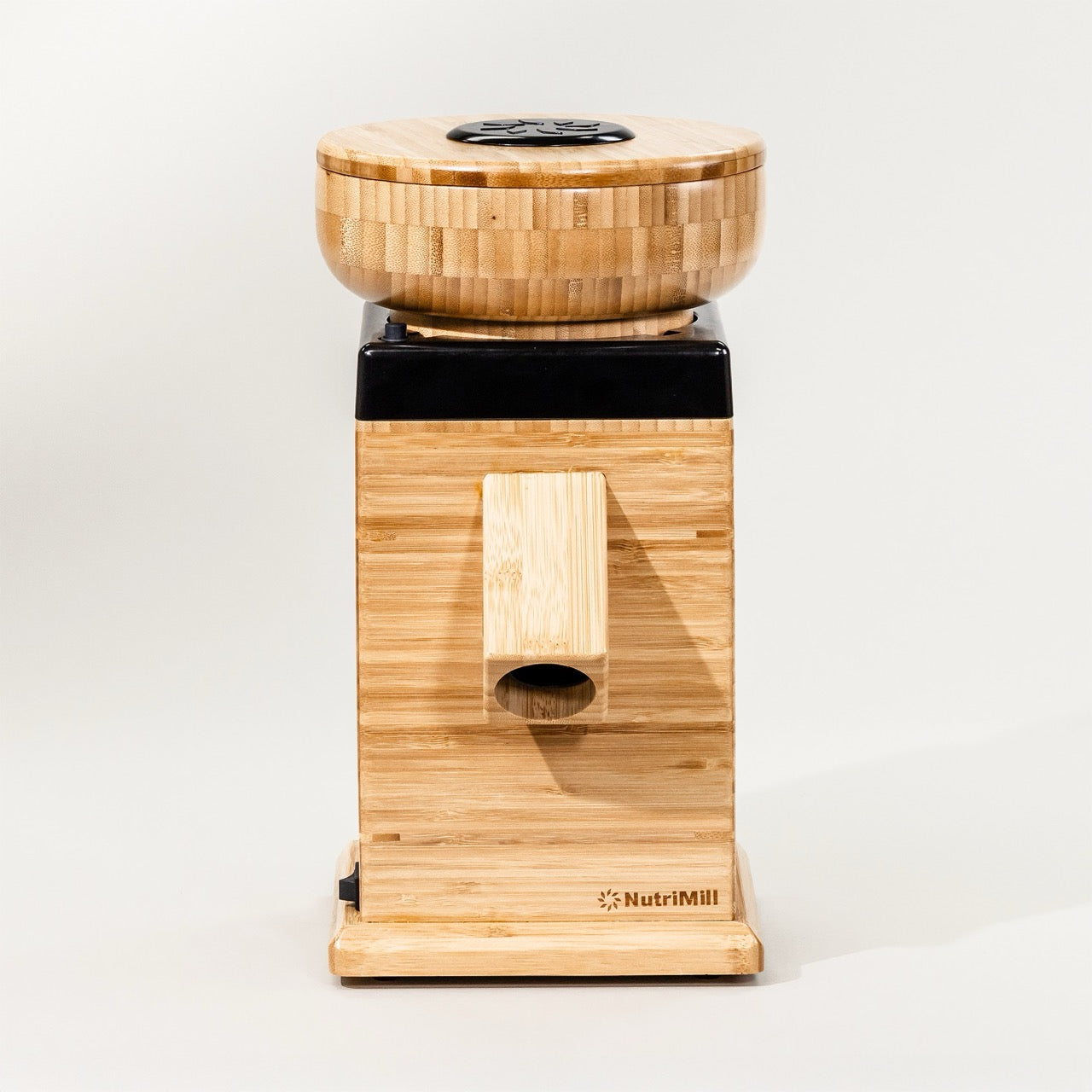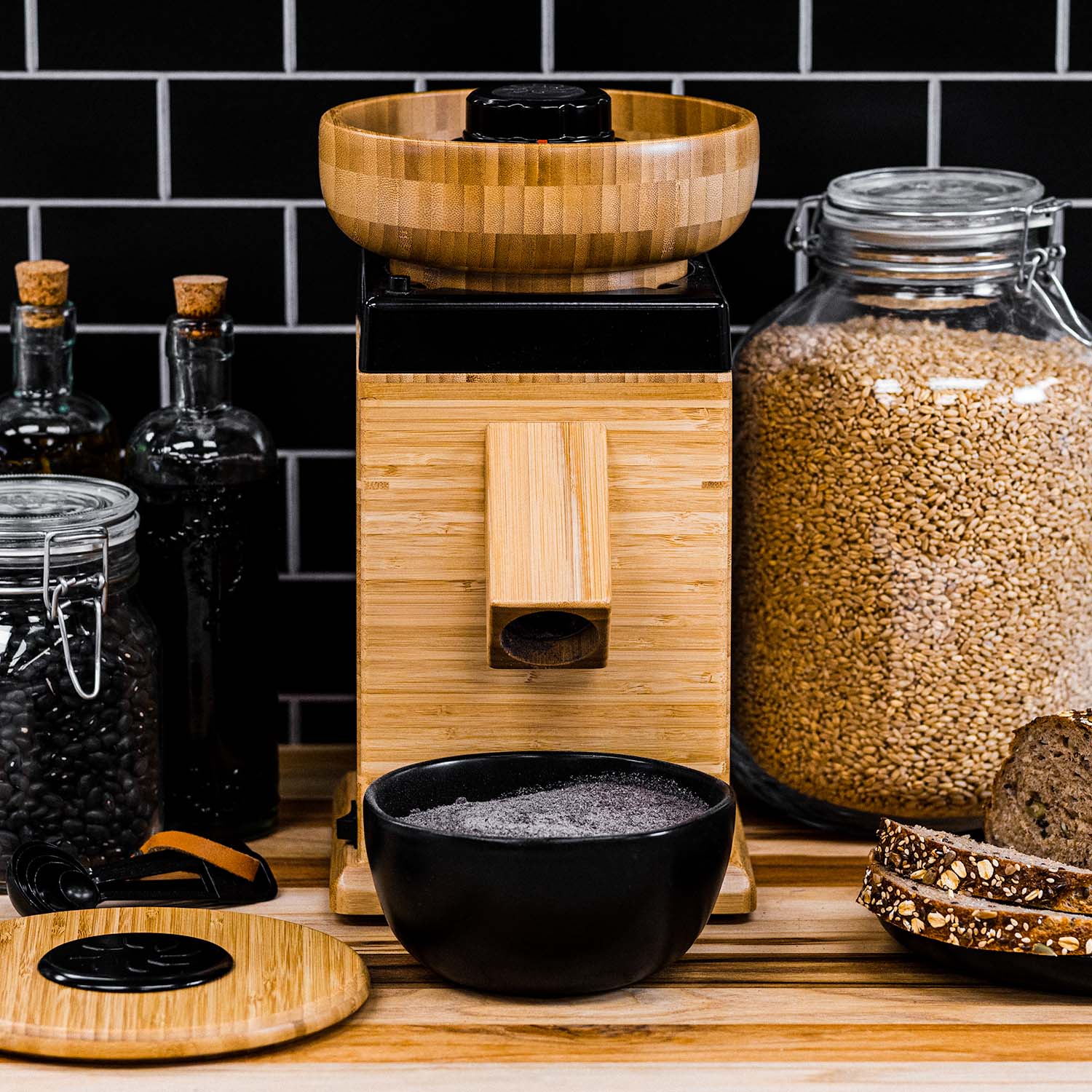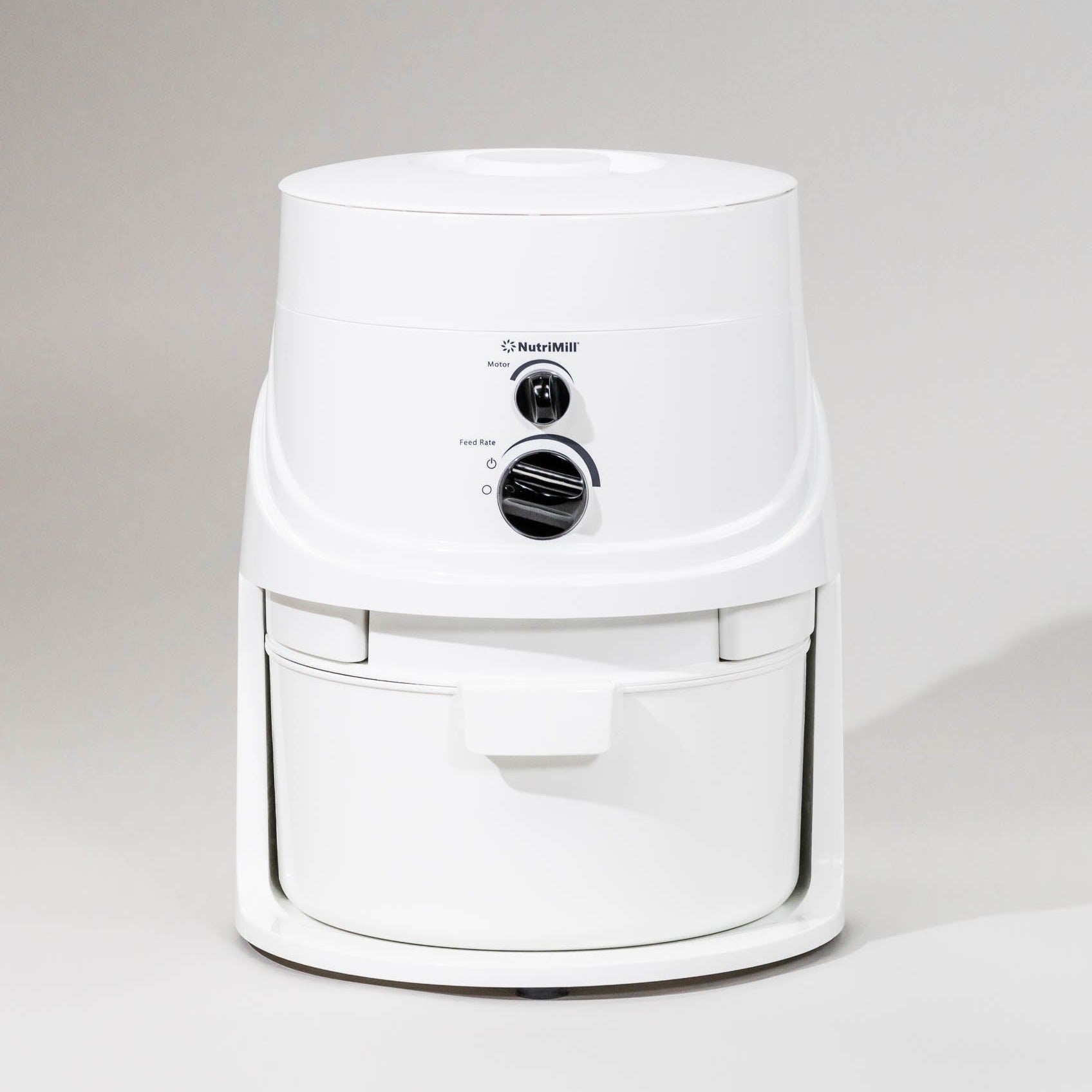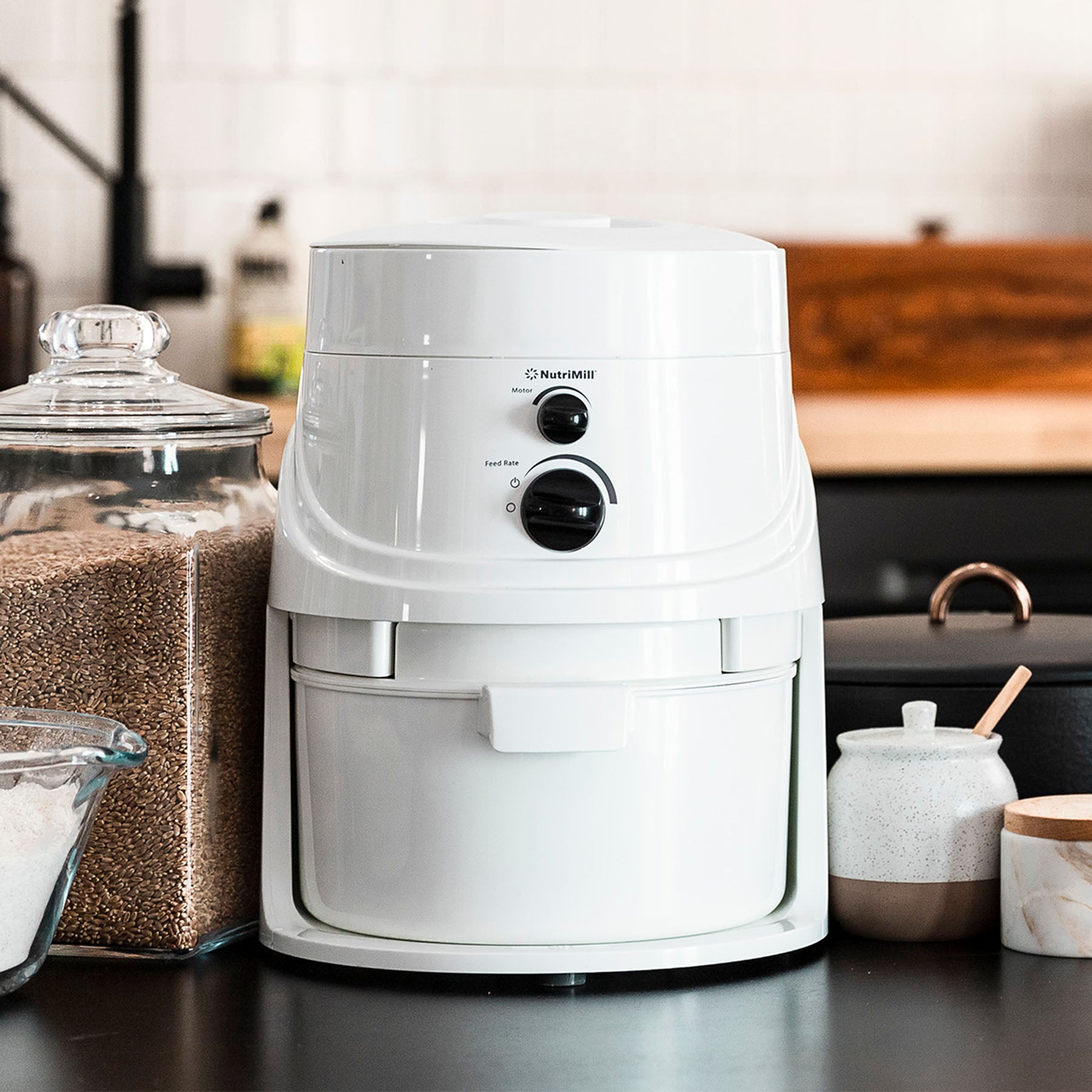The Science of Flour: How NutriMill is Redefining Quality in the Baking Industry
Flour is a critical ingredient in baking, and its quality can significantly impact the final product's taste and texture. As such, it's essential to understand the science behind flour production and how mills like NutriMill are changing the game with their innovative approach.
Understanding the Importance of Flour in Baking
Before diving into the intricacies of flour production, it's essential to understand why this humble ingredient is such a crucial component in baking. Flour acts as a binder, providing structure to baked goods and holding everything together. Additionally, it contributes to the final product's texture, flavor, and appearance.
Flour is an essential ingredient in baking, and its role cannot be overstated. Without flour, baked goods would not have the structure and texture that we have come to expect. Flour is used in everything from bread to cakes and cookies, and the type of flour used can significantly impact the final product.
The Role of Flour in Baking
Flour is responsible for the crumb in bread and pastries and the light and fluffy texture in cakes and cookies. It absorbs moisture and swells, creating air pockets that allow baked goods to rise and expand. As such, the type of flour used and the quality of the milling process can significantly impact the final product.
The texture of baked goods is also influenced by the type of flour used. For example, whole wheat flour will result in a denser texture than all-purpose flour. The flavor of baked goods is also impacted by the type of flour used. Whole wheat flour has a nuttier flavor than all-purpose flour, which has a more neutral taste.
Different Types of Flour and Their Uses
There are numerous types of flour available, each with a unique protein content and gluten formation. Bread flour, for example, has a higher protein content and more gluten, making it ideal for creating a strong gluten structure for bread. On the other hand, cake flour has a lower protein content and less gluten, making it better suited for delicate baked goods like cakes and pastries.
Pastry flour is another type of flour that is commonly used in baking. It has a protein content between that of cake flour and all-purpose flour, making it an excellent choice for pie crusts and other pastry doughs. Self-rising flour is another type of flour that has leavening agents added to it, making it ideal for quick breads and biscuits.
Understanding the differences between flour types is critical for achieving the desired results in baking. Using the wrong type of flour can result in a baked good that is too dense or too crumbly. It is also essential to pay attention to the quality of the flour used. Freshly milled flour will produce better results than flour that has been sitting on a shelf for months.
In conclusion, flour is an essential ingredient in baking. It provides structure, texture, and flavor to baked goods and plays a significant role in the final product's appearance. Understanding the different types of flour and their uses is critical for achieving the desired results in baking.
The Science Behind Flour Production
Flour production is a fascinating process that involves milling grains into flour. Grains like wheat, corn, and rice are the most commonly used grains for flour production. There are various methods used in flour production, including traditional milling and modern techniques like NutriMill's.
Traditional Flour Milling Methods
Traditional milling is a method that has been used for centuries. In this method, grains are ground between two stone wheels, which can produce flour with varying levels of coarseness. The stone wheels crush the grains, and the resulting flour is collected in a container.
However, this method has some drawbacks. Traditional milling can create excessive heat, leading to nutrient loss and flavor changes due to oxidation. The heat generated during the milling process can cause the flour to lose some of its nutritional value, such as vitamins and minerals. Additionally, the heat can cause the flour to develop a slightly burnt taste, which can be unpleasant.
The Impact of Milling Techniques on Nutrient Retention
Modern flour milling techniques have been developed to address the drawbacks of traditional milling. NutriMill's process is an example of a modern milling technique that uses impact milling to grind grains into flour. This approach creates less heat and preserves more nutrients and flavor.
During impact milling, the grains are crushed by a series of metal plates instead or stone wheels. This process generates less heat and friction, which helps to preserve the nutrients and flavor of the flour.
In conclusion, flour production is a complex process that involves a variety of techniques. Traditional milling has been used for centuries, but modern techniques like NutriMill's impact milling offer a more efficient and nutritious way to produce flour. By preserving the nutrients and flavor of the flour, NutriMill's process ensures that the flour is not only healthier but also tastes better.
NutriMill's Innovative Approach to Flour Production
The NutriMill Difference: Technology and Quality
NutriMill is a leader in the home grain mill industry, thanks to their unique approach that combines cutting-edge technology with a focus on quality. Their state-of-the-art grain mills ensures that all of their flour is of the highest quality, with a consistent texture and rich flavor.
But what sets NutriMill apart from other flour producers is their commitment to preserving the natural nutrients and flavors of the grains they use. Using specialized heating and cooling chambers, grains are milled at low temperatures, which helps to preserve their natural flavors and nutrients. This results in a more nutrient-rich and flavorful final product that is sure to impress even the most discerning bakers.
Preserving Nutrients and Flavor with NutriMill's Process
At NutriMill, they understand that the quality of their flour is directly tied to the quality of the grains they use. That's why they only source the highest quality grains from trusted suppliers. Once the grains are in their possession, they are carefully milled using their precise techniques that help preserve the nutrients and flavors that make flour such a critical ingredient in baking.
Whether you're a professional baker or a home cook, using NutriMill's grain mills can take your baked goods to the next level. Not only will they taste better, but they'll also be more nutritious, thanks to the natural goodness that NutriMill grain mill's process preserves.
The Benefits of NutriMill Flour for Bakers and Consumers
Improved Baking Results with NutriMill Flour
Bakers who use NutriMill grain mills report improved baking results. The consistent quality and texture of NutriMill's flour make it easier to achieve the desired results and allows bakers to experiment with new creations confidently.
One of the reasons for this is the milling process used by NutriMill. Unlike traditional mills that use high temperatures and friction to grind the grains, NutriMill uses a low-temperature, low-impact process that preserves the nutrients and flavor of the grains. This results in a flour that is not only better for your health but also produces better-tasting baked goods.
Another benefit of NutriMill grain mills is their versatility. Whether you're making bread, cakes, pastries, or any other baked goods, NutriMill flour can be used in a variety of recipes. Its consistent quality and texture make it easy to work with and ensure that your baked goods turn out perfectly every time.
Health Benefits of Nutrient-Rich Flour
The nutrients preserved in NutriMill grain mill flour provide health benefits like reduced inflammation and improved digestion. Additionally, using flour made from whole grains can also help reduce the risk of chronic diseases like heart disease, diabetes, and obesity.
Whole grains are an excellent source of dietary fiber, which helps keep your digestive system healthy and functioning properly. They also contain vitamins and minerals like iron, magnesium, and zinc, which are essential for maintaining good health.
Furthermore, NutriMill grain mill flour is free from harmful additives like bleaching agents, preservatives, and artificial flavors, which are commonly found in commercially produced flour. This makes NutriMill flour a healthier and safer choice for consumers who are concerned about the quality of the food they eat.
In conclusion, NutriMill flour offers a range of benefits for both bakers and consumers. Its consistent quality and texture make it easier to achieve the desired baking results, while its nutrient-rich composition provides numerous health benefits. So whether you're a professional baker or a health-conscious consumer, NutriMill flour is an excellent choice for all your baking needs.
NutriMill's Commitment to Sustainability and the Environment
At NutriMill, we believe in making a positive impact on the environment and the communities we serve. Our commitment to sustainability is at the core of everything we do. We are constantly striving to reduce our environmental footprint while producing high-quality flour and grain mills that meets the needs of our customers.
Supporting Local Farmers and Communities
At NutriMill, we believe in supporting local farmers and communities. We source our grains locally, which helps reduce the environmental impact of transportation while supporting local producers. By working with local farmers, we ensure the freshest and highest quality grains make it into our milling process.
In addition to supporting local farmers, we also give back to our community through various initiatives. We partner with local food banks and charities to provide nutritious food to those in need. We also support local schools and community organizations through donations and sponsorships.
Conclusion
NutriMill is revolutionizing the way we think about flour and its role in baking. Their innovative approach to milling produces high-quality, nutrient-rich flour that can improve baking results and provide health benefits. By prioritizing sustainability and supporting local farmers, NutriMill is redefining quality in the baking industry.
